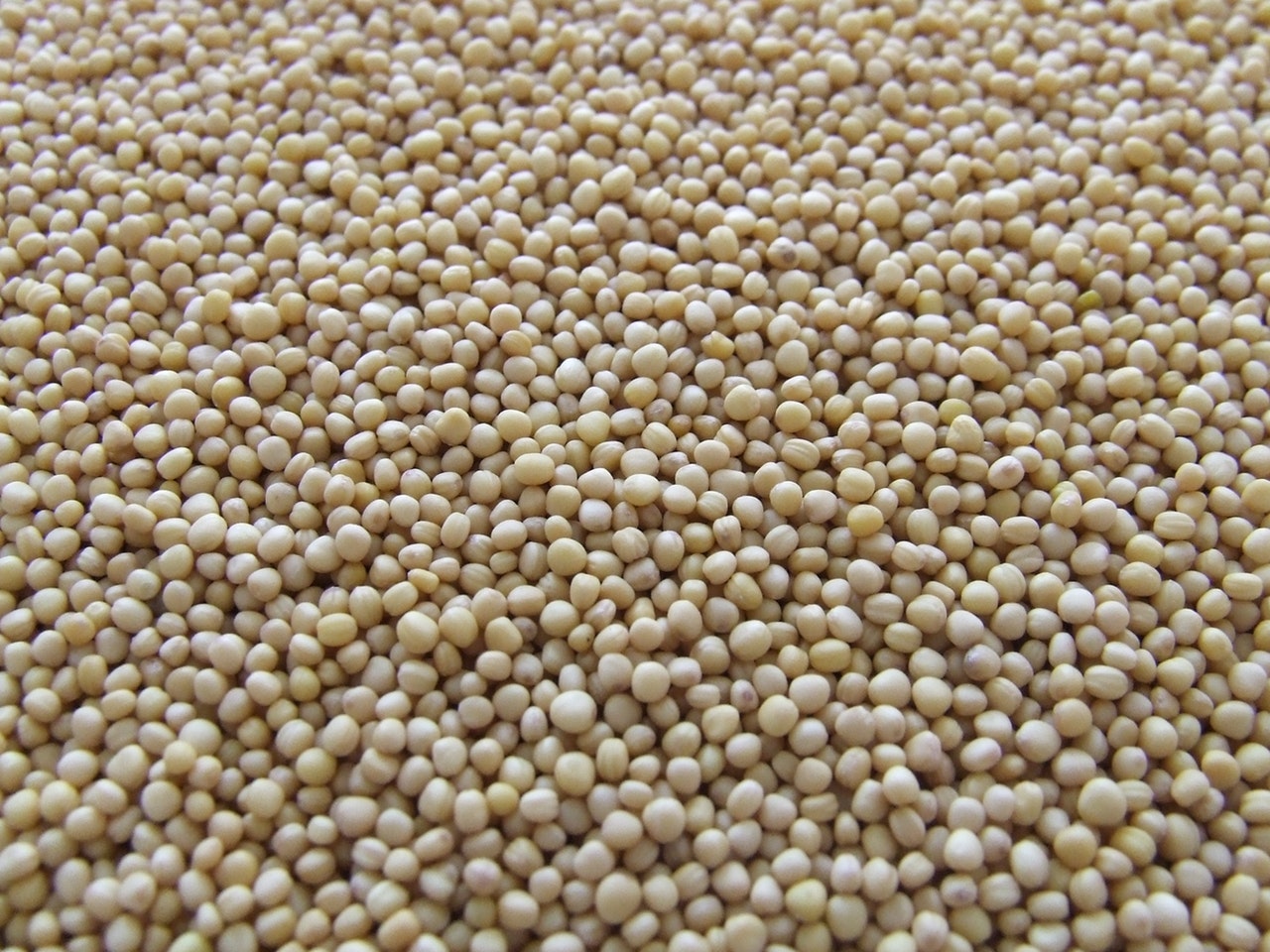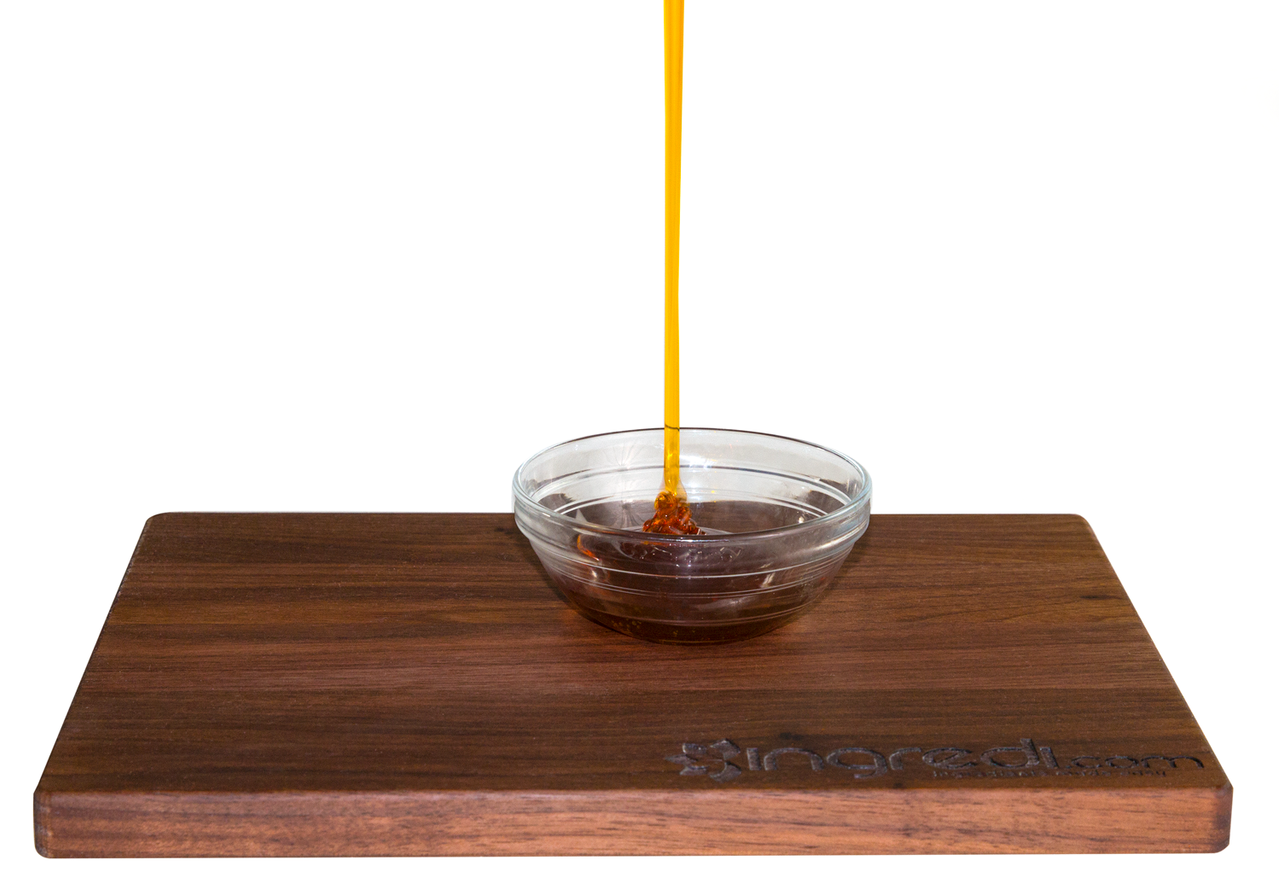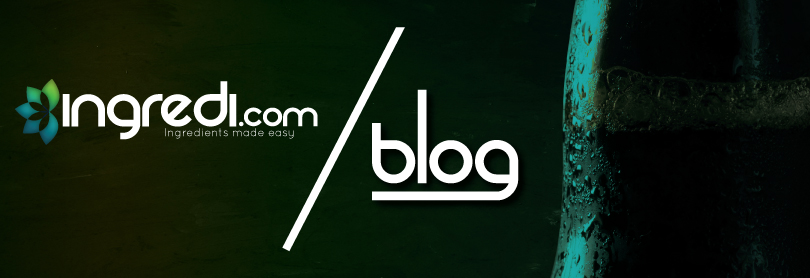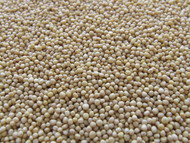Is Soy Lecithin Gluten-Free?
By on Feb 20th 2019
Soy lecithin is a popular ingredient that is commonly found on the food labels of hundreds of processed foods and beverages, including cereals, breads, salad dressings, candies, and protein shakes. As the concern for gluten transparency increases when it comes to food and food labeling, many may wonder whether lecithin (specifically soy lecithin) is gluten-free.
The short answer is yes, soy lecithin is gluten-free.
What is lecithin?
Lecithin, also known as phosphatidylcholine, is a fat (or lipid) material naturally found in the membranes of all living cells. This substance’s function is to regulate the entry and exit of cellular nutrients. Because it is naturally-occurring, it is found in many foods naturally, as well as an additive. Egg yolk and soy beans are both common sources for lecithin; in fact, the very word lecithin comes from the Greek word lekythos, meaning “egg yolk.” Other common sources of lecithin include rapeseed, cottonseed, sunflower, grains, peanuts, and milk.

Because soy lecithin is not derived from wheat, rye, or barley, it is considered gluten-free by FDA standards. However, it is important to note that certain brands of lecithin may contain additives that are not gluten-free. Additionally, soy lecithin is derived from plants, meaning it should be suitable for vegetarians and vegans (unless otherwise stated).
Lecithin can be purchased in a dry, grainy form or as a liquid. At Ingredi, we carry liquid lecithin in sizes ranging from 45 lb. pails to 2200 lb. totes. Additionally, we offer a 452 lb. drum of liquid lecithin and a 450 lb.drum of GMO-negative lecithin.
Soy lecithin in food
Lecithin has a variety of uses both in and out of the food and beverage industries. As a food additive alone, it is incredibly versatile. Soy lecithin is used as an emulsifier, thickener, stabilizer, moisturizer, and even a mild preservative.
When manufacturing baked goods, soy lecithin is used as an anti-caking agent for breads, cakes, and cookies. It can be used to reduce the fat and egg content of dough and bakery items while maintaining both taste and texture.
As an emulsifier, it helps keep liquids and oils, as well as seasonings and other ingredients, equally dispersed throughout the product. Soy lecithin prevents separation in mayonnaise, margarine, shortening, sauces, gravy, soups and salad dressings. Additionally, soy lecithin is often added to chocolates and caramels to control sugar crystallization and flow properties.
Lecithin sources from organic soybeans is also used as a dietary supplement and is used as a wetting, stabilizing agent and a choline enrichment carrier in the pharmaceutical industry.

Safety and religious restrictions
Lecithin is approved by the FDA and is generally recognized as safe (GRAS). As a food additive in the EU, it is designated as E322.
Soy is one of the most common food allergies, and those allergic to soy may want to avoid soy lecithin. Soy allergies are triggered by soy proteins. Because soy proteins may be present in soy lecithin, those with known allergies may want to be careful when consuming products containing soy lecithin. Those with soy intolerance, versus soy allergies, may find that they can handle soy lecithin in their processed foods due to how small the quantities are. Soy lecithin is generally used in very small amounts and rarely exceeds 1% by weight of the final food product.
Soy lecithin may be prohibited on Passover for Ashkenazi Jews when many grain-based foods are forbidden, but not at other times. Currently, all of our lecithin products are Pareve. Our Yelkin TS Lecithin is Kosher and Halal certified.






